|
|
|
|
The corridors of the UN building in New York are unusually quiet this year as the general assembly gets underway, with world leaders delivering pre-recorded addresses virtually rather than in person. But online diplomacy is a tricky business, particularly when it comes to working out who to trust. And former British ambassador, Nicholas Westcott, explains what will be lost by the absence of face-to-face meetings.
Also in the international realm, humanitarian organisations are increasingly transferring cash directly to vulnerable people. They use mechanisms such as mobile money or transfers into bank accounts. Historically, they would have bought food and other goods for distribution to beneficiaries. The transfers have been praised for enhancing autonomy, reducing costs, and boosting local markets. However, there are also downsides as Cory Rodgers, Jade Siu and Olivier Sterck explain. They can also encourage the extension, by retailers, of credit to refugee beneficiaries and leave them indebted.
|
Gemma Ware
Global Affairs Editor and Podcast Producer
|

|
|
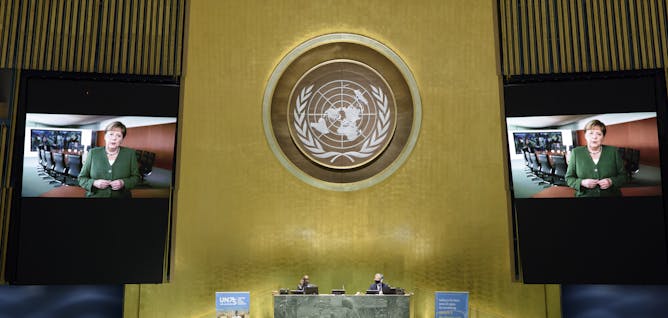
Sorry I can’t be there: German Chancellor Angela Merkel addresses the UN general assembly virtually.
Evan Schneider / UN Photo
Marcus Holmes, College of William & Mary; Mark NK Saunders, University of Birmingham; Nicholas John Wheeler, University of Birmingham
When diplomacy is done online, it's hard to pick up on the gestures and micro-expressions that help create trust.
|
|
|
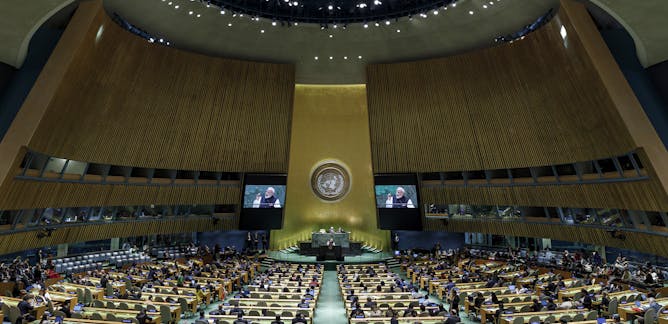
Nicholas Westcott, SOAS, University of London
There could be diplomatic costs to the online UN general assembly.
| |
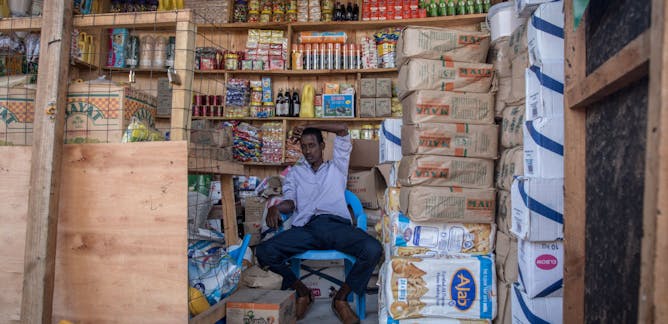
Cory Rodgers, University of Oxford; Jade Siu, University of Oxford; Olivier Sterck, University of Oxford
Unrestricted cash transfers bring huge benefits, but these may not be realised because they can also cause debts.
|
|
|
Politics
|
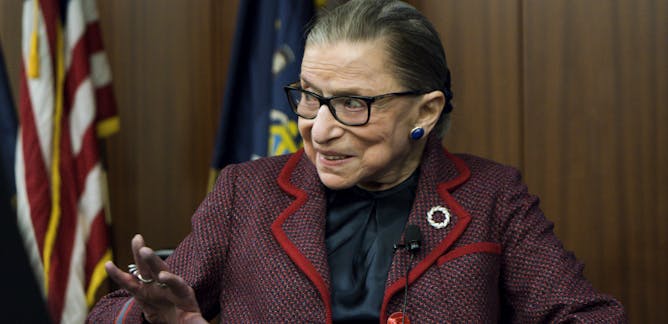
Emma Long, University of East Anglia
With a new vacancy on the US Supreme Court, Donald Trump has the opportunity to alter the court's direction for decades. He's not the first.
| |
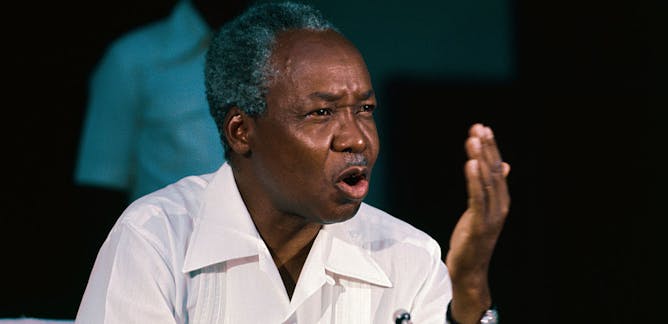
Luke Melchiorre, Universidad de los Andes
For all of the shortcomings of Nyerere’s regime, his ideas continue to inspire Tanzanians fighting for a more equal and democratic future, over 20 years after his death.
|
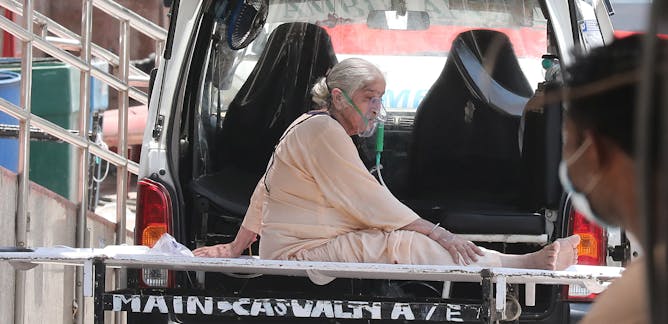
Vidya Venkat, SOAS, University of London
Blocking citizen requests for information on a fund set up for COVID-19 relief undermines public trust in the government's response to the pandemic.
| |
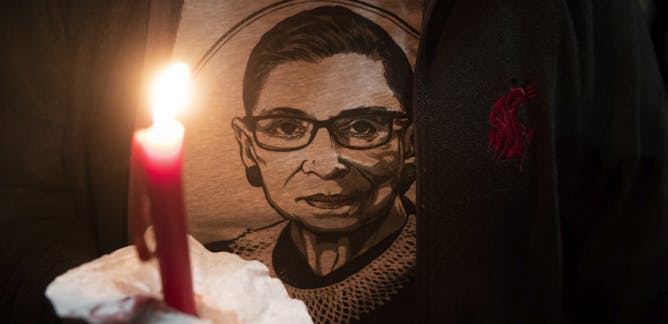
Kcasey McLoughlin, University of Newcastle
From her early career as an academic to a Supreme Court justice, 'RBG' was a trailblazer in all aspects of her work. Though not without controversy, she leaves behind a huge legacy.
|
|
|
Arts, Culture + Society
|
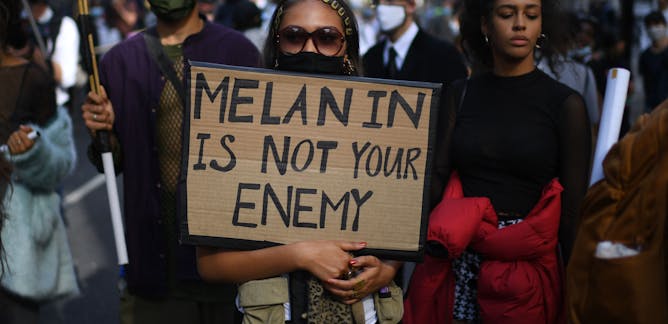
Lynn M. Thomas, University of Washington
Cosmetics companies have agreed to remove racially offensive language from their skin products - but history, in Kenya and South Africa, shows they've done the same before.
| |
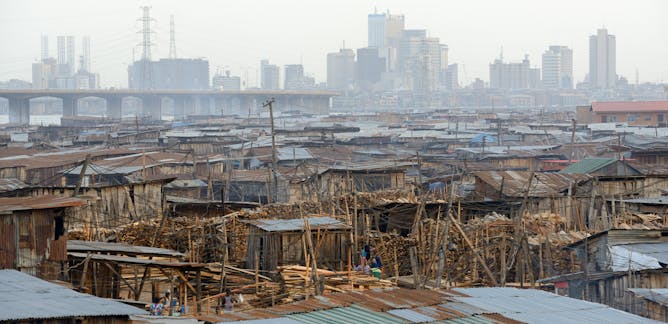
Patrick Brandful Cobbinah, University of Melbourne; Ellis Adjei Adams, University of Notre Dame; Michael Odei Erdiaw-Kwasie, University of Southern Queensland
If we learn from COVID-19, there are three key areas to tackle to make cities safer from outbreaks of future infectious diseases.
|
|
|
Science + Technology
|
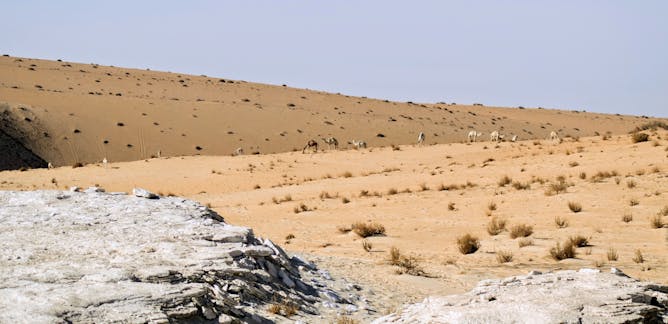
Richard Clark-Wilson, Royal Holloway
These findings represent the earliest evidence for Homo sapiens on the Arabian Peninsula, and demonstrates the importance of Arabia for understanding human prehistory.
| |
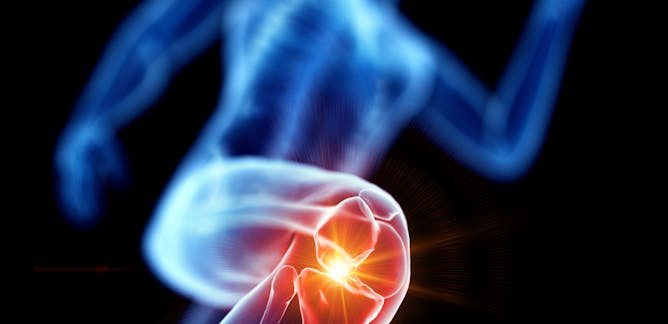
Rajesh Khanna, University of Arizona
The SARS-CoV-2 virus usually infects the body via the ACE2 protein. But there is another entry point that allows the virus to infect the nervous system and block pain perception.
|
|
|
En Français
|
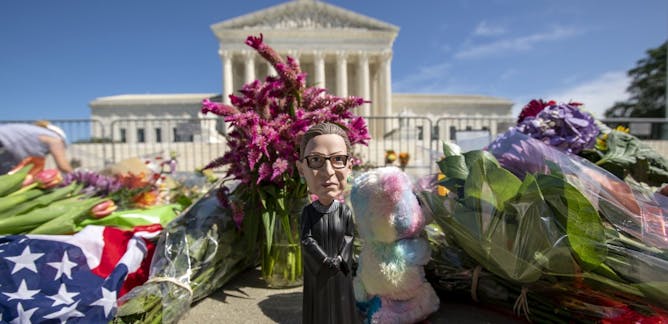
Geetha Ganapathy-Doré, Université Sorbonne Paris Nord – USPC
Retour sur la vie et l’œuvre de Ruth Bader Ginsburg, qui fut juge à la Cour suprême des États-Unis pendant 27 ans et fit beaucoup pour les droits des minorités.
| |
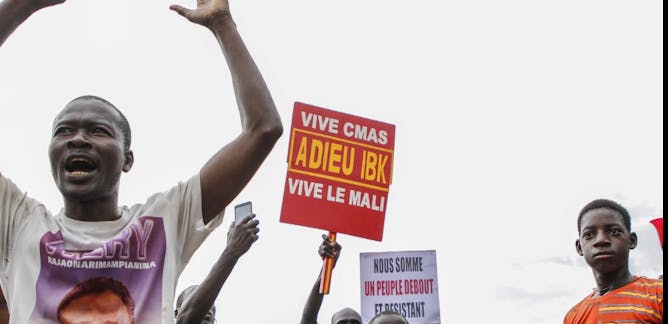
Lamine Savane, Université de Ségou; Boubacar Haidara, Université Bordeaux Montaigne
Le renversement d’Ibrahim Boubacar Keita met en évidence les limites d’une stratégie de prédation des ressources publiques et de cooptation des opposants érigée en mode de gouvernance.
|
|
|
| |
| |
| |
| |
| |
| |
|
|
|
|
|
|
|